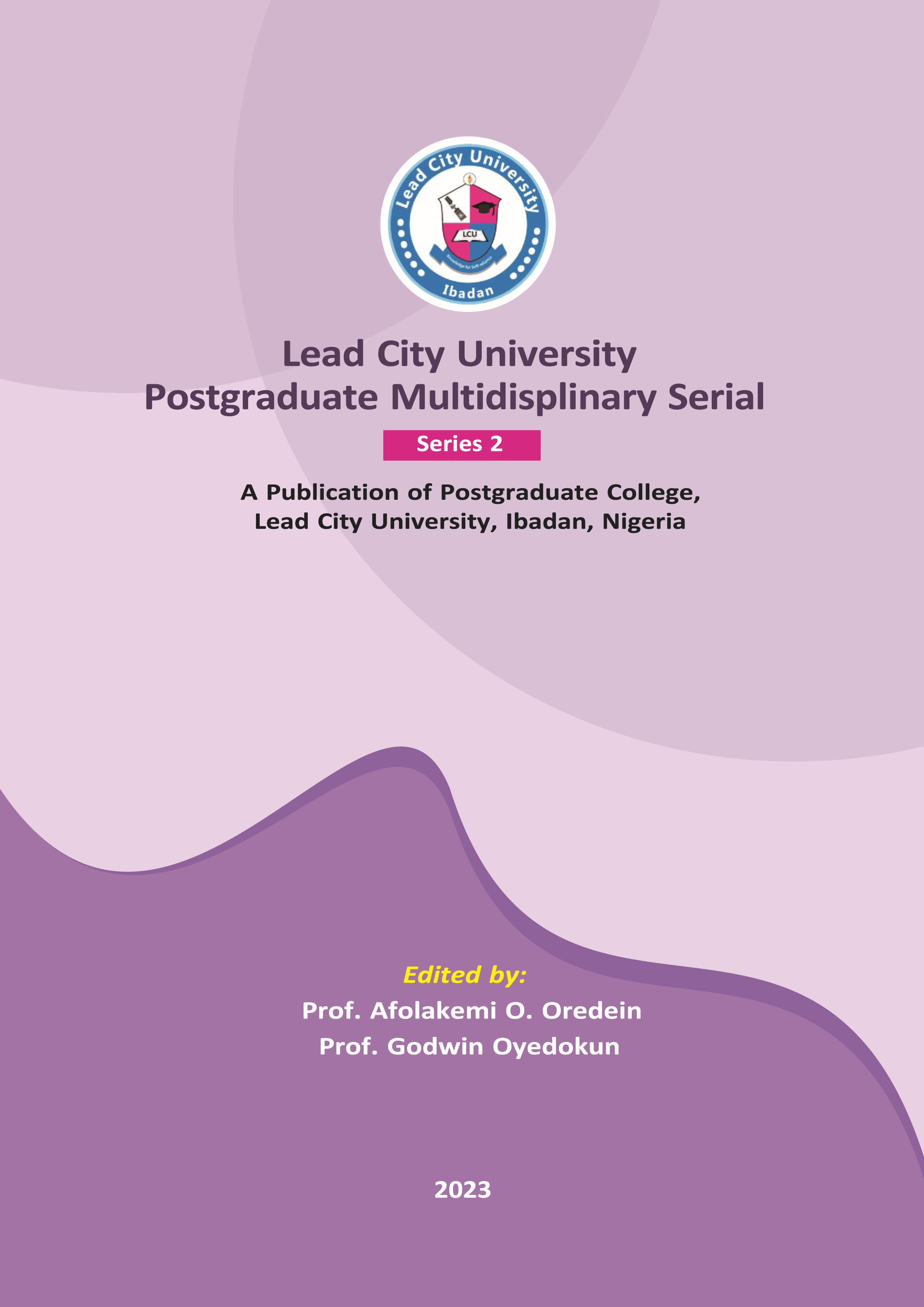Interconnectedness of Girl-Child Education and Poverty Alleviation: Exploring the Dynamics
Keywords:
Girl-child, Education, Poverty Alleviation, NigeriaAbstract
This paper delves into the intricate relationship between girl-child education and poverty
alleviation, emphasizing the multifaceted dynamics that underpin this crucial intersection.
Empirical evidence from various global contexts reveals that educating girls not only empowers
them individually but also generates far-reaching socioeconomic benefits that ripple throughout
communities and nations.The study examines the direct impact of girl-child education on poverty
reduction. It demonstrates that an educated girl is more likely to secure gainful employment, earn
a higher income, and make informed decisions about her reproductive health, leading to smaller,
healthier families. These factors collectively contribute to a decrease in the incidence of poverty
within households.Furthermore, the study explores the indirect effects of girl-child education on
poverty alleviation. It discusses how educated girls are more likely to invest in their children's
education and well-being, fostering a cycle of empowerment that spans generations. Additionally,
the enhanced economic productivity resulting from a more educated female workforce can
stimulate economic growth, further ameliorating poverty on a macroeconomic scale. The paper also
scrutinizes the barriers and challenges that hinder girl-child education, including cultural norms,
financial constraints, and gender-based discrimination. It underscores the importance of targeted
policy interventions to mitigate these obstacles and promote access to quality education for girls.

